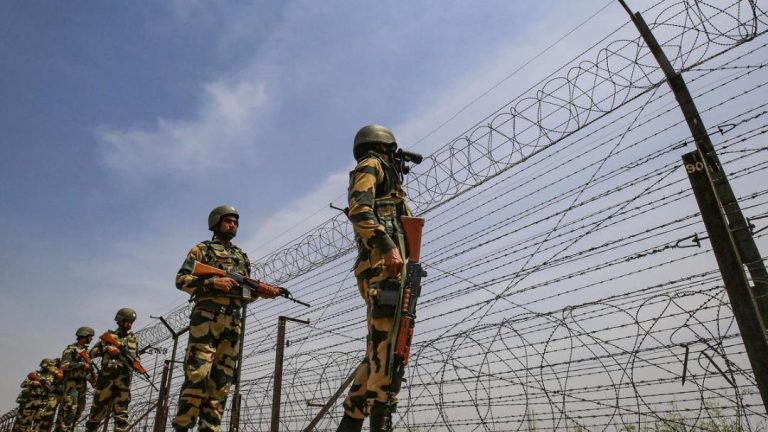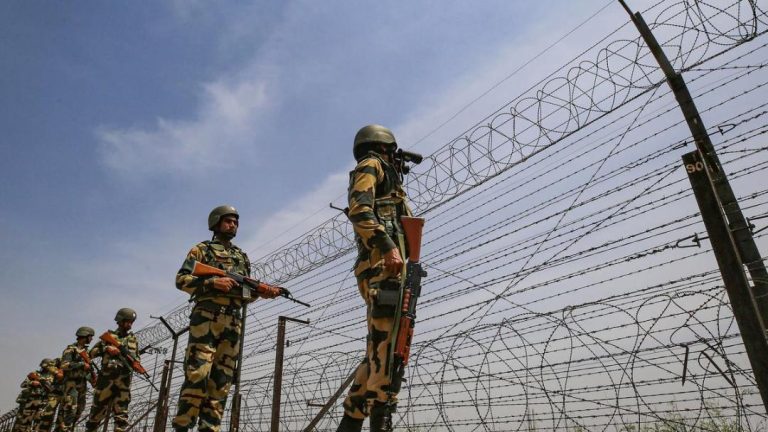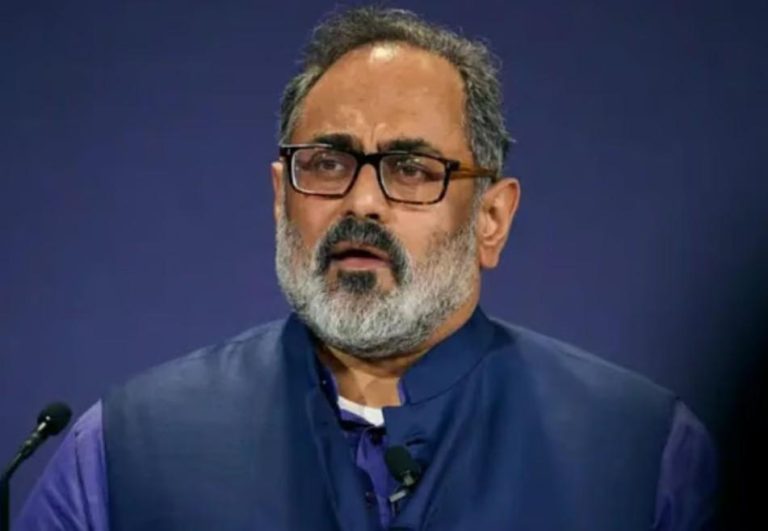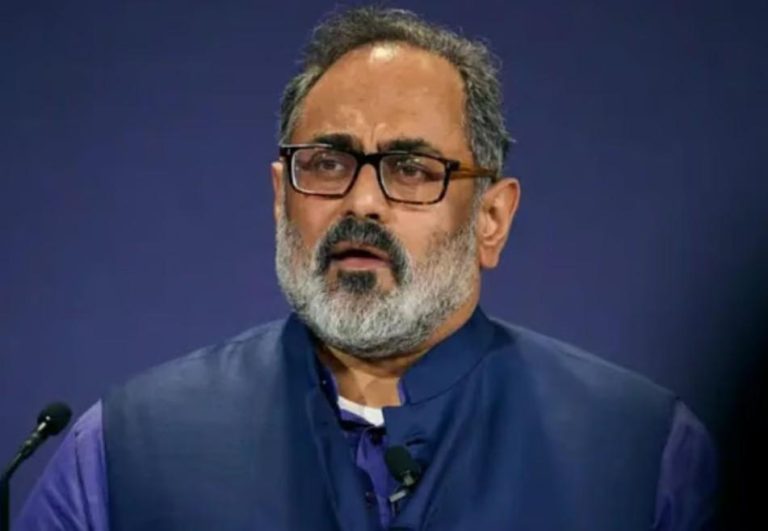
Indian National Jailed for 4 Years in Sri Lanka for Match-Fixing
Cricket, the game of gentlemen, has been plagued by the scourge of match-fixing for decades. The recent sentencing of an Indian national, Yogi Patel, to four years in prison for match-fixing in Sri Lanka’s 2024 Legends League T20 tournament is a stark reminder of the severity of this issue. In a landmark verdict, the Sri Lankan court found Patel guilty of proposing to fix matches and imposed a hefty fine of SLR 85 million (approximately USD 470,000).
Patel, who was arrested in August 2024, was accused of attempting to bribe Sri Lankan cricketers to influence the outcome of matches. According to reports, he had offered a significant amount of money to several players to perform poorly or to throw matches. The proposal was reportedly made through a middleman, who was also arrested and charged in connection with the case.
The investigation into the matter was carried out by the Sri Lankan police’s Financial Crimes Investigation Division (FCID), which is responsible for probing financial crimes, including match-fixing. After a thorough investigation, Patel was charged with attempting to bribe players and influencing the outcome of matches.
The court’s verdict is a significant milestone in Sri Lanka’s efforts to combat match-fixing. The country has been at the forefront of tackling this issue, and this verdict sends a strong message to those who would seek to corrupt the game. The fine imposed on Patel is also a significant deterrent, as it demonstrates the seriousness with which the Sri Lankan authorities view match-fixing.
Patel’s sentence is not the only consequence of his actions. He was also ordered to pay SLR 2 million (approximately USD 11,000) to Upul Tharanga, the chairman of Sri Lanka selectors, for defamation. Tharanga had been targeted by Patel and his associates, who had made baseless claims about him on social media. The court’s order is a vindication of Tharanga’s reputation and a reminder that those who seek to tarnish the reputation of others will be held accountable.
The match-fixing scandal has sent shockwaves through the cricketing community in Sri Lanka. The country’s cricket board, Sri Lanka Cricket (SLC), has been working closely with the authorities to investigate the matter and to ensure that the game is played fairly. SLC has also taken steps to increase transparency and accountability in the game, including implementing a robust anti-corruption code.
The sentencing of Yogi Patel is a significant victory for the Sri Lankan authorities and a reminder that match-fixing will not be tolerated in the country. Cricket is a game that is loved by millions around the world, and it is essential that those who play the game are able to do so with integrity.
The Indian national’s sentence is a stark reminder that match-fixing is a serious offense that can have severe consequences. Cricketers who are found guilty of match-fixing can face lengthy bans, fines, and even imprisonment. The game’s governing bodies, including the International Cricket Council (ICC), have implemented strict anti-corruption codes to prevent match-fixing and to punish those who engage in it.
In conclusion, the sentencing of Yogi Patel to four years in prison for match-fixing in Sri Lanka’s 2024 Legends League T20 tournament is a significant development in the fight against corruption in cricket. The court’s verdict demonstrates the seriousness with which the Sri Lankan authorities view match-fixing and sends a strong message to those who would seek to corrupt the game. The fine imposed on Patel is a significant deterrent, and his sentence serves as a reminder that match-fixing will not be tolerated in the country.






